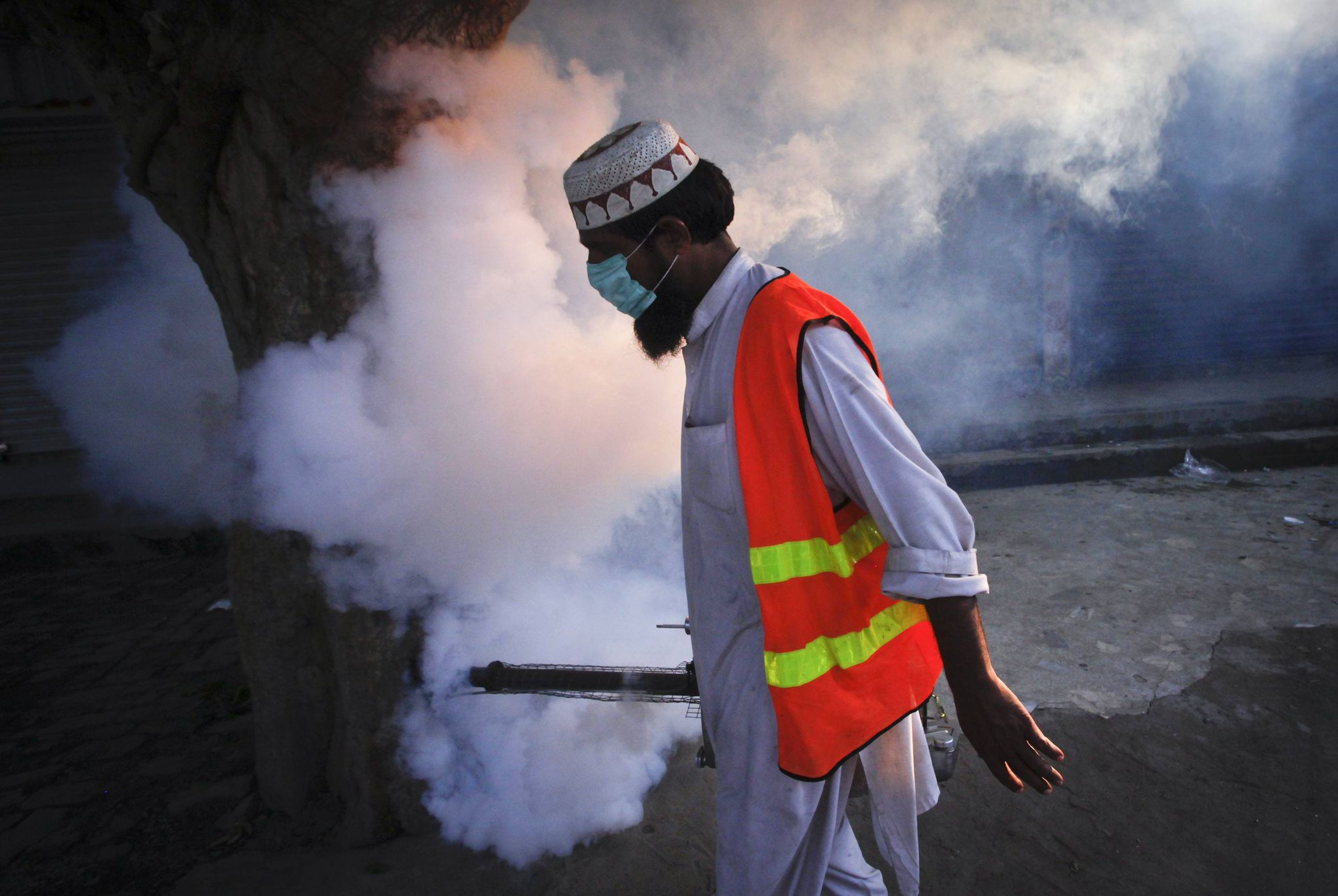Author : Lloyd Mahachi
The World Health Organization (WHO) has launched a global plan to combat the escalating threat of dengue fever and other deadly arboviruses, which have affected millions worldwide and put billions at risk. Dengue has emerged as the most problematic arbovirus disease, with cases nearly doubling each year since 2021.
According to WHO Director-General Dr. Tedros Adhanom Ghebreyesus, the rapid spread of dengue demands a coordinated response across sectors and borders. Factors such as unplanned urbanization, poor sanitation, climate change, and international travel are facilitating the spread of dengue, now endemic in over 130 countries.
Dengue is particularly prevalent in tropical and subtropical climates, with Southeast Asia, the Western Pacific, and the Americas being the most affected regions. The WHO reports over 12.3 million cases and 6,000 deaths as of August this year, with Africa also experiencing a significant surge.
The WHO attributes the spread of dengue to various factors, including unplanned urbanization, poor water and sanitation, climate change, and international travel. Dr. Raman Velayudhan, WHO unit head, notes that urban centers are at greater risk due to these factors.
Prevention is key to combating dengue, according to the WHO. Recommendations include avoiding mosquito bites, especially during the day, by covering up. Newborns, elderly, and people with pre-existing conditions are at higher risk of poor disease outcomes.
Other arboviruses, such as Zika, chikungunya, and Oropouche, are also spreading rapidly, with similar symptoms to dengue, making diagnosis challenging. Strengthening detection, surveillance, and testing activities is critical to avoiding misdiagnosis.
The WHO urges governments to implement its strategic global plan, comprising emergency coordination, collaborative detection and surveillance, community protection, safe and scalable care, and access to countermeasures. The organization estimates $55 million is needed to put the plan into action over the next year.
Editor : Josephine Mahachi

